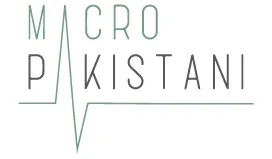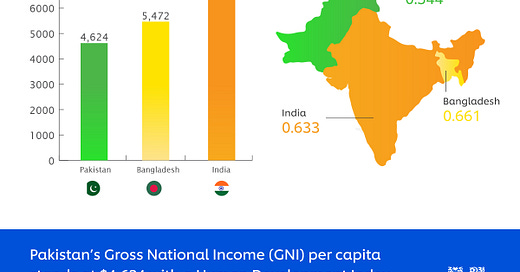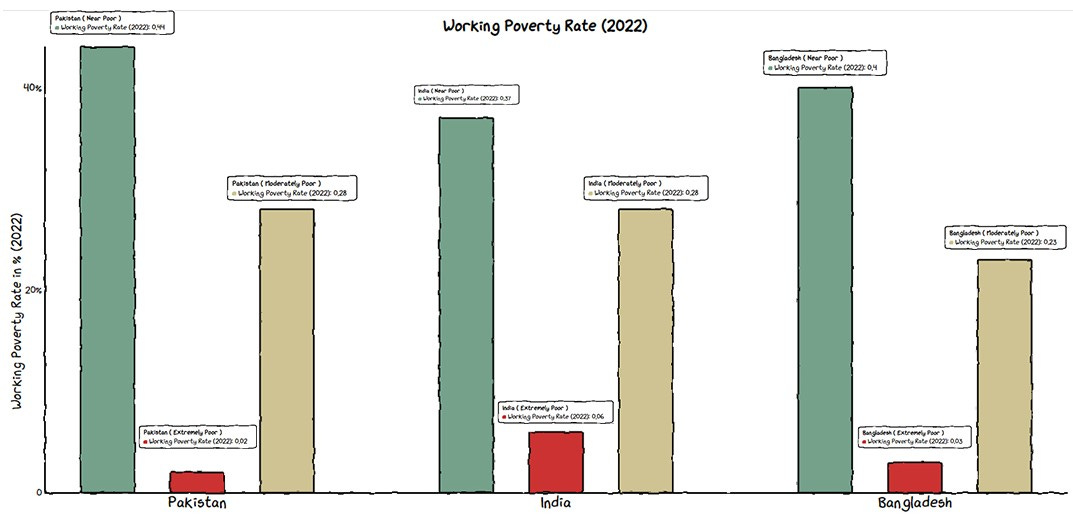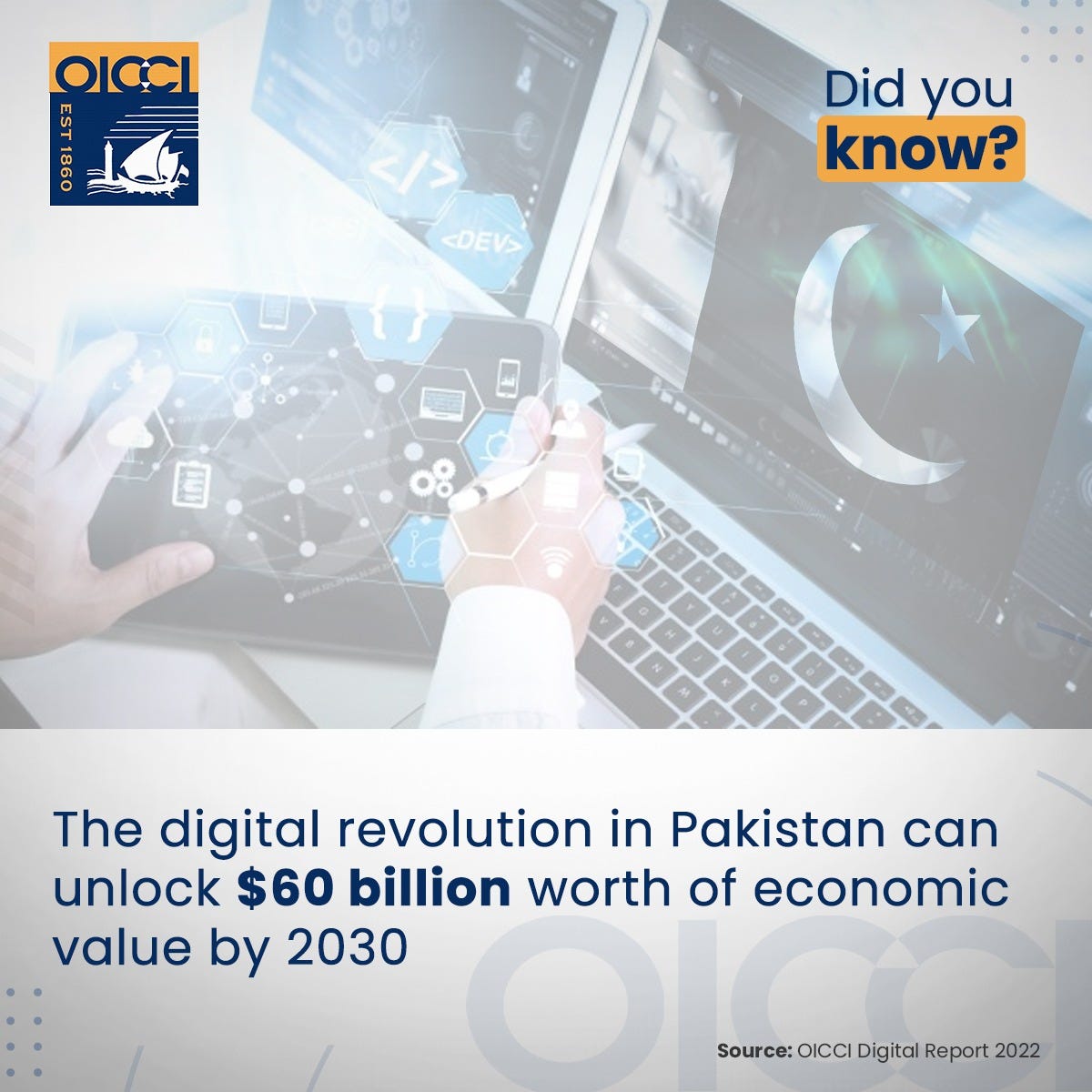Pakistan’s high working poverty rate is due to its increasingly dependent population and larger household sizes.

Last month, the IMF projected an unemployment rate of 7% for 2023. At the same time, economic growth is projected to be low with high inflation. A situation like this is often termed stagnation (stagnation is a period of little or no growth in an economy characterized by GDP growth of less than 2-3%, annually), a term that gained prominence during the 1970s, especially after the Nixon shock. A similar shade haunts Pakistan in 2023. But Pakistan’s structural weaknesses render it helpless in the face of such circumstances. Rising inequality, social unrest, and a brutal cost of living crisis in the wake of mass unemployment make it difficult for the government to stabilize the situation.
Around 44% of the employed class in Pakistan is classified as ‘near poor’. This fact contradicts the intuitive understanding of employment and how it contributes to poverty. But we often forget the structure and discrepancies within Pakistan’s labour market. Firstly, employment is unevenly distributed across the formal and informal sectors. Secondly, the implementation of wage laws is deficient and weak in Pakistan. Most importantly, Pakistan’s high working poverty rate is due to its increasingly dependent population and larger household sizes, accentuating the fact that the country is far from achieving equal distribution of wealth.
According to the World Inequality Database, Pakistan’s top 10% population holds around 50% of the country’s total wealth. The number is concurrent with the global distribution and growth of wealth. The country needs to take concrete steps to compensate its working class for their labour. As a country that relies on labour productivity to grow, Pakistan should and must return the payoffs in a just way!
Unilever Pakistan is bringing Pakistan one step closer to becoming an inclusive and equitable nation through its ‘Living Wage Programme’. We are incredibly grateful and humbled to be able to write this particular Macro Bite today, as it highlights Macro Pakistani’s collaboration with #UnileverForPakistan on a journey to a fair future for our country.
GRAPHIC
Data Visualization & Marketing Partner: Brand Nib
Visit: https://macropakistani.com/advertise/
Improve brand awareness for your startup/business or amplify the reach of your ongoing marketing campaigns by promoting them on Macro Pakistani. We are doing/have done successful paid collaborations with:
Send an email to hello@macropakistani.com
About Us: Macro Pakistani is a data-driven research platform that aims to provide a basic understanding of Pakistan’s economy. If you have an interest in contemporary news but are currently overburdened with sensationalism and specialized vocabulary, we are the platform for you.
How are we doing? Please send us any questions, comments or suggestions by replying to this email.




